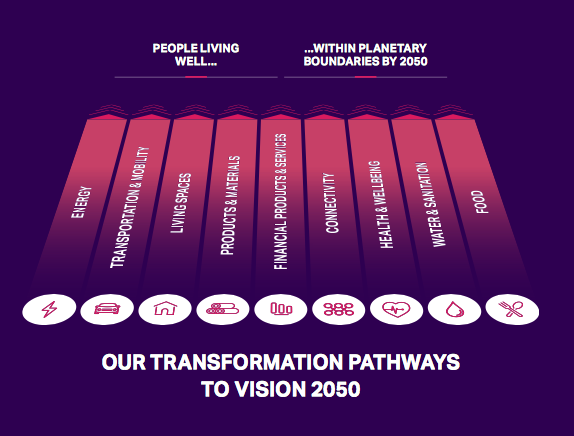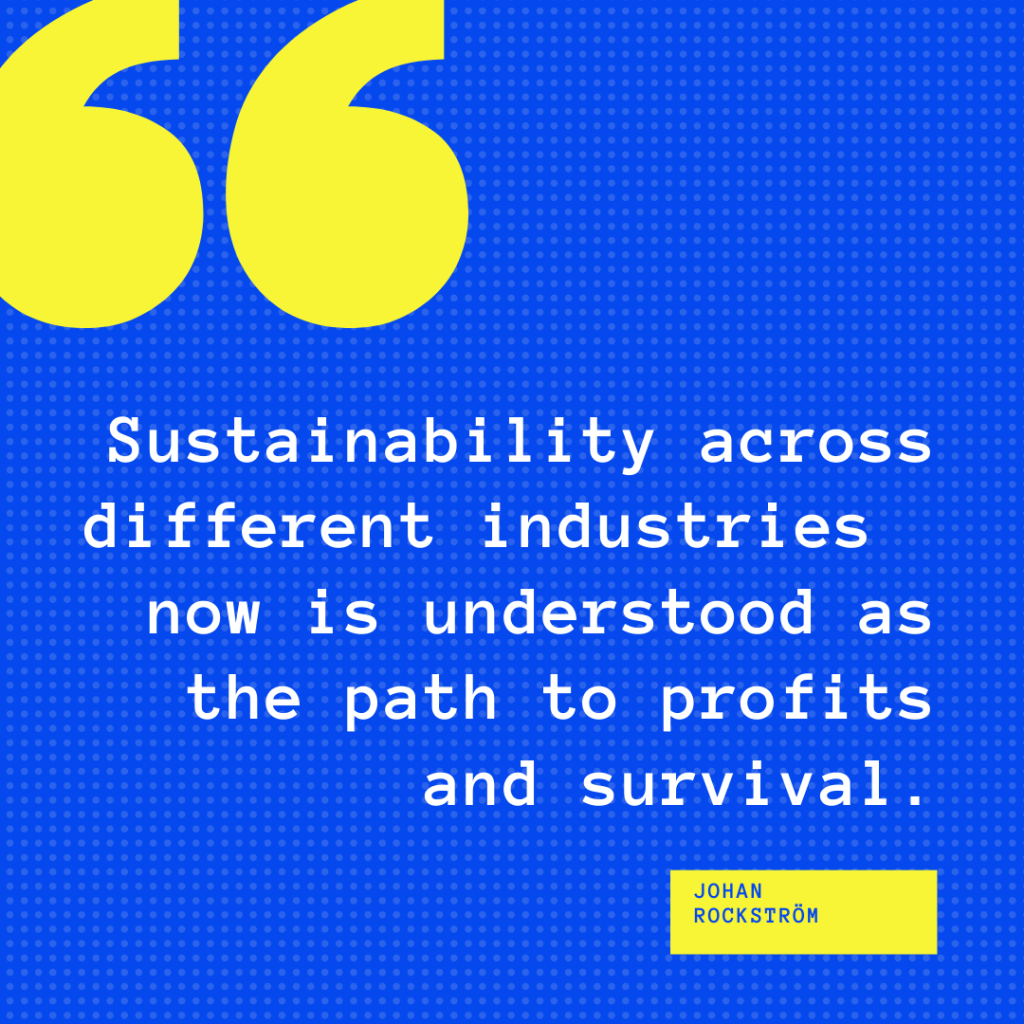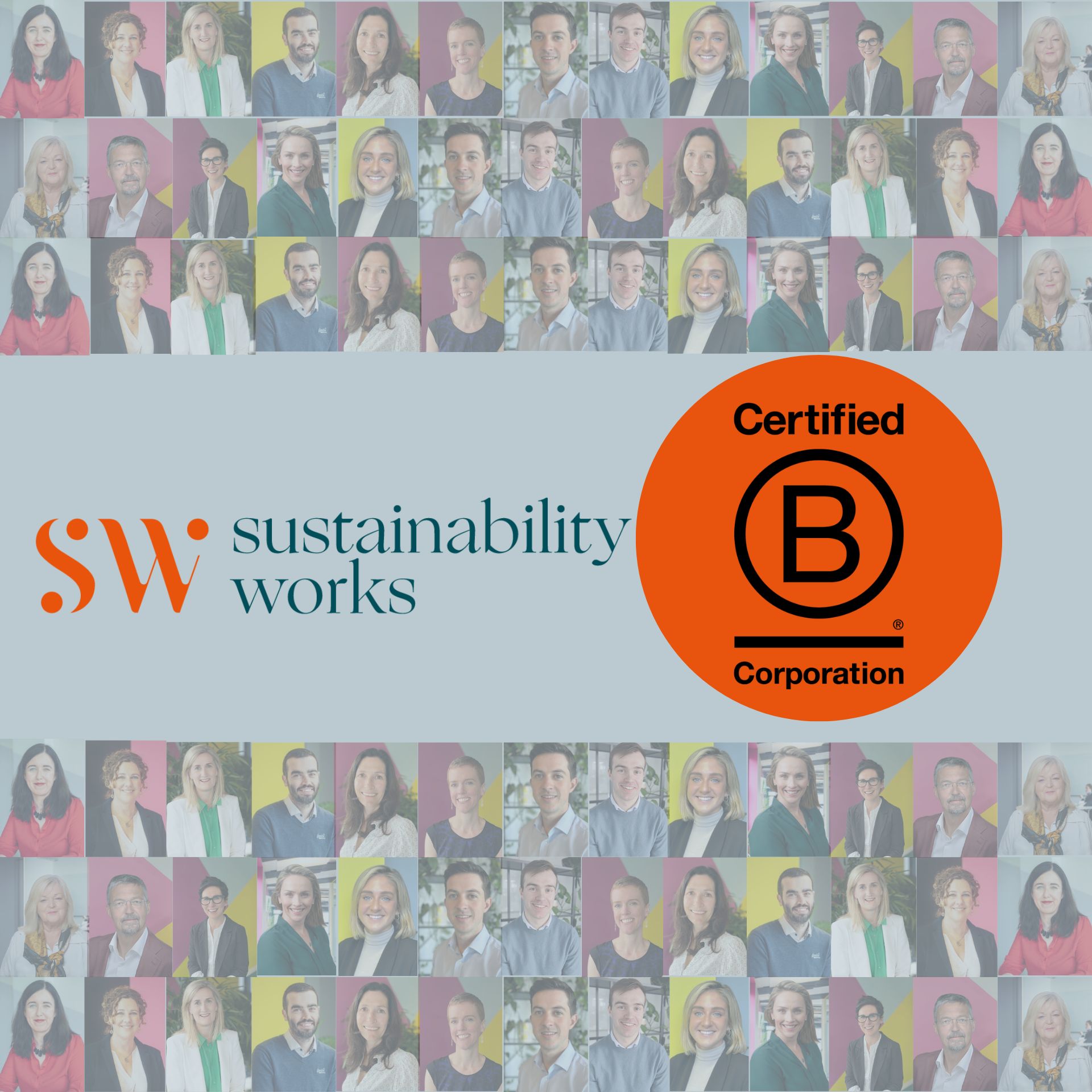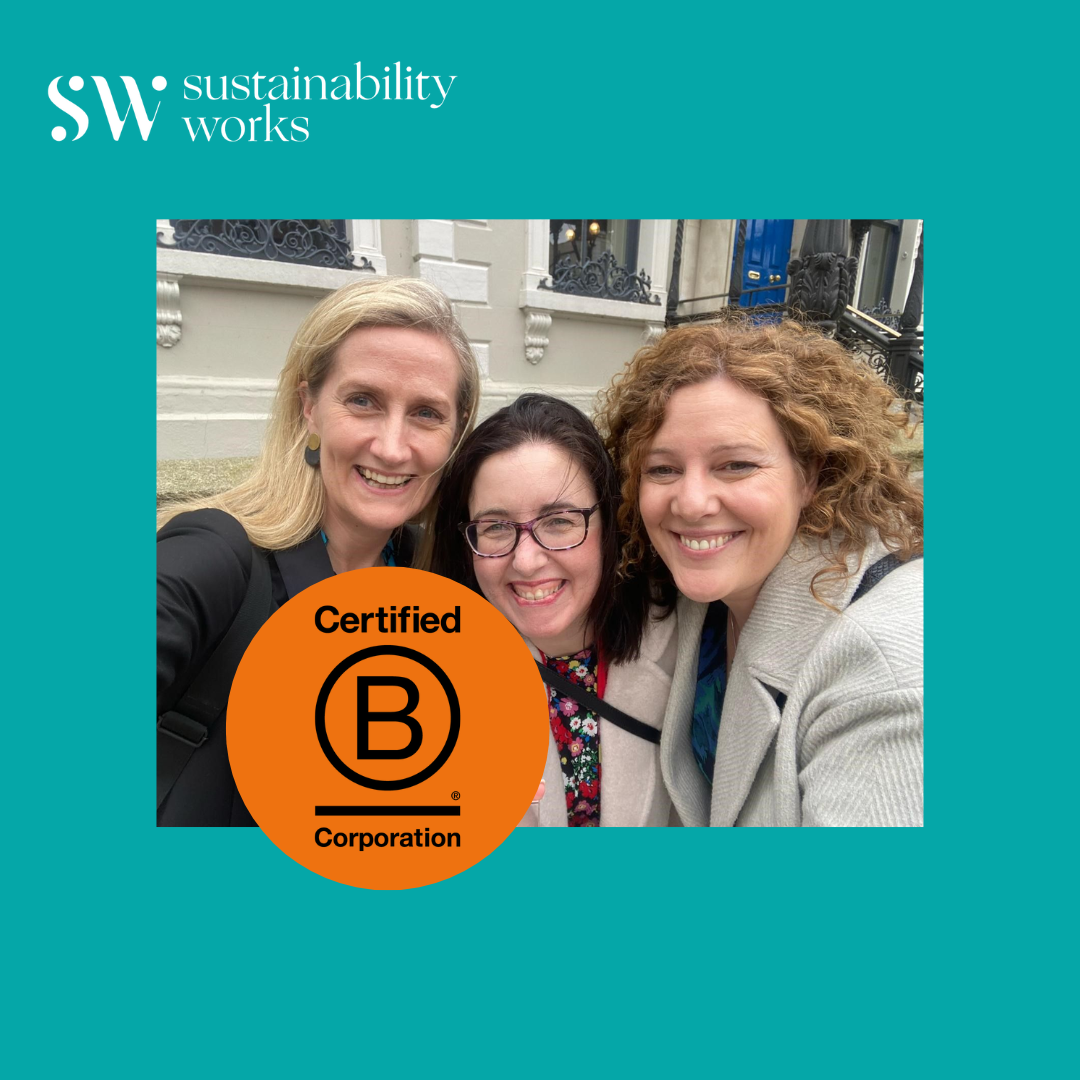SW News
Navigating To Net Zero

Navigating To Net Zero
After more than a year of being locked down, there is a growing sense of newfound freedom in the air at the moment, as society starts to re-open. In the next few weeks we will all be navigating our way to a new (and hopefully better) normal. It’s exciting, but also a bit daunting, because we don’t know quite what lies ahead.
Navigating any kind of uncertain future is tricky and that’s where roadmaps, pathways and scenario plans come in. Nowhere are these navigational tools more needed than in guiding the way to a net zero future.
In the last couple of weeks, two important navigational reports were published: Net Zero by 2050: a Roadmap for the Global Energy Sector from the International Energy Agency, and Vision 2050: Time to Transform, from the World Business Council for Sustainable Development – see more on both below. These roadmaps provide invaluable guidance on the steps that need to be taken to transform our economy and society by 2050, and the milestones along the way. Perhaps even more importantly, they show us that it’s possible to get there.
At SW, we are currently discussing net zero targets and roadmaps with several of our clients. Our advice is to think first and foremost about the zero part of the equation and develop a plan to reduce your emissions to as close to zero as possible by defining the concrete changes you are going to make to your activities, across your entire value chain. This is where your efforts should be focused and it will require transformational rather than incremental change. You may need to re-think your whole business model to achieve it.
The big question on most people’s minds then is: to what extent is it acceptable to use carbon offsets to achieve the net part of the equation? It’s a case of doing careful due diligence to choose verified carbon offsets that emphasise carbon removal, in order to compensate for emissions you cannot avoid.* B Corp have produced this helpful guide to setting net zero targets, which outlines the key steps businesses can take.
In the next few months every business, every sector, and every country will be navigating its way out of Covid-19 restrictions. If we’re smart we can use this moment to point the compass in right direction, pick up the net zero roadmap and embed sustainability as we enter a brave new world.
*Note: the carbon offset space is complex and fast evolving, so what constitutes good practice now is subject to change. But that’s a whole other newsletter….
Our May Top 5
- IEA’s net zero roadmap: in a landmark report on 18 May, the International Energy Agency set out a roadmap to 2050 for the global energy sector. Key milestones include, from 2021, no new oil and gas fields should be approved for development and no new coal plants. This article, by the CEO of the WeMeanBusiness Coalition, describes what the roadmap means for business. (Climate Home News)
- Big Oil’s Bad Day: Weds 26 May will go down in history as the beginning of the end for big oil. There were seismic events for three of the big oil majors – Shell, Chevron, and ExxonMobil – involving activist shareholders and unprecedented court rulings mandating that the companies do more to cut emissions (including Scope 3) and tackle climate change. (New Yorker)
- Johan Rockström interview: this is an excellent interview with one of the most respected voices on the climate crisis – a man soon to feature alongside David Attenborough in a new Netflix film. The article captures Rockström’s straight talking style and covers everything from the uncomfortable truths about our climate, to the power of the Greta effect, to why we need bankers as well as activists to save the planet. (The Observer)
- Sustainable diets: what really constitutes a sustainable diet, i.e. a healthy diet that has the lowest possible impact on the planet? It’s something we’d all like a simple answer to, but according to new research, it’s not as straightforward as going vegan and it depends on a variety of factors. (Anthropocene magazine)
- Ireland’s waste challenge: Ireland generates 22 per cent more waste per head annually than the EU average, and one third of that waste is food. The government’s new circular economy strategy, currently being drafted, is urgently needed. (Irish Times)
WBCSD: Vision 2050
WBCSD’s vision is: 9+ billion people living well, within planetary boundaries, by mid-century. It first introduced this vision in a landmark report in 2010, and has now published a new and updated version, informed by businesses and leading global thinkers and setting out the key transitions required in nine major areas of business activity.
These transformations, the report says, will depend on three critical strategic business mindset shifts: reinventing capitalism to reward true value creation, not value extraction; building long-term resilience; and taking a regenerative approach to business sustainability. Read more here.
Big Announcements on Residential Retrofit
It was great to see the announcement on 01 June of a low cost residential retrofit loan scheme, as part of the National Economic Recovery Plan 2021. This is exactly one of the things we at SW advocated for in our Handbook on Financing Energy Efficiency in Residential Retrofit. Homeowners need access to low interest rate loans to pay for deep energy retrofits of their homes. This new loan scheme, which will be run by the State and the Strategic Banking Corporation of Ireland (SBCI) with funding from the European Investment Bank, should see loans made available at interest rates of around 3.5%.
This positive news came on the back of another exciting announcement, where ESB and Tipperary Energy Agency announced a new joint venture to form Electric Ireland Superhomes, which aims to retrofit 35,000 homes across the country by 2030. SW is proud to support SuperHomes and we look forward to continuing our work with with them to develop innovative consumer finance solutions for home retrofits in Ireland.
New Energy Label for Appliances
A quick FYI in case you weren’t aware of it – since March 2021 a new rescaled EU energy label is in use on consumer goods including fridges and freezers, washing machines and dryers, dishwashers and TVs. In the old labelling system, many of these appliances had reached the point where they were A+, A++ or even A+++ rated. It was becoming confusing for consumers, so the new system has recalibrated things, raised the bar for what good looks like, and brought in an A to G rating.
Appliances that were previously A-rated or above will find themselves lower down in the new system. This is to make space for continuing energy efficiency innovation to drive performance higher again. This short video from the SEAI explains it all simply.
Upcoming Events
Look out for the SW team at these events in the next few weeks:
Chartered Accountants Ireland Sustainability Conference, 16 June. Opened by Minister Eamon Ryan TD, this event will address key Environmental, Social and Governance (ESG) issues facing accountants and financial professionals. SW’s Laura Heuston will be talking on the topic of Navigating sustainability reporting.
Ibec Management Training event – ESG: a new paradigm for business, 01 July. This event will give an overview of what ESG is all about and help participants understand what it means for their business. SW’s Laura Heuston will be talking about the strategic imperative for sustainability while Karen Deignan will be discussing how companies can develop fit-for-purpose strategies.
What We’re Listening To
What We’re Watching
Sustainability Jobs
- Recruitment Manager, Sustainable Finance and ESG – FK International
- Programme Exec, Nearly Zero Energy Building and high performance retrofit – SEAI
- Director, Sustainability & ESG, Strategic Communications – FTI Consulting
- Energy Strategy Consultant – KPMG
- ESG Manager – Ryanair
- Head of Sustainability – Glenveagh Properties
- Environmental & Sustainability Manager – Bechtel Corporation
- Sustainable Finance Manager for global consultancy firm – via Phoenix recruitment
- Head of Sustainability for large PLC – via Elevate Partners
- Global Head of Sustainability for Asset Management business – via Broadgate search









